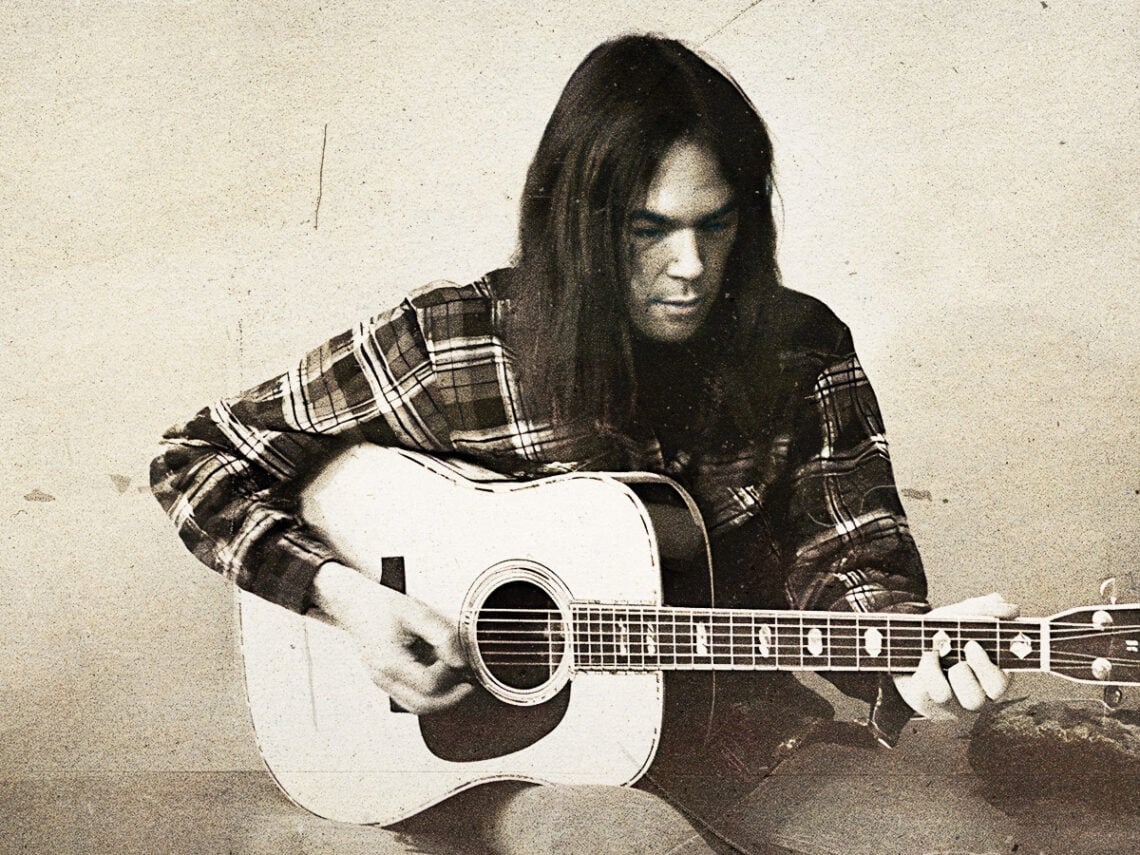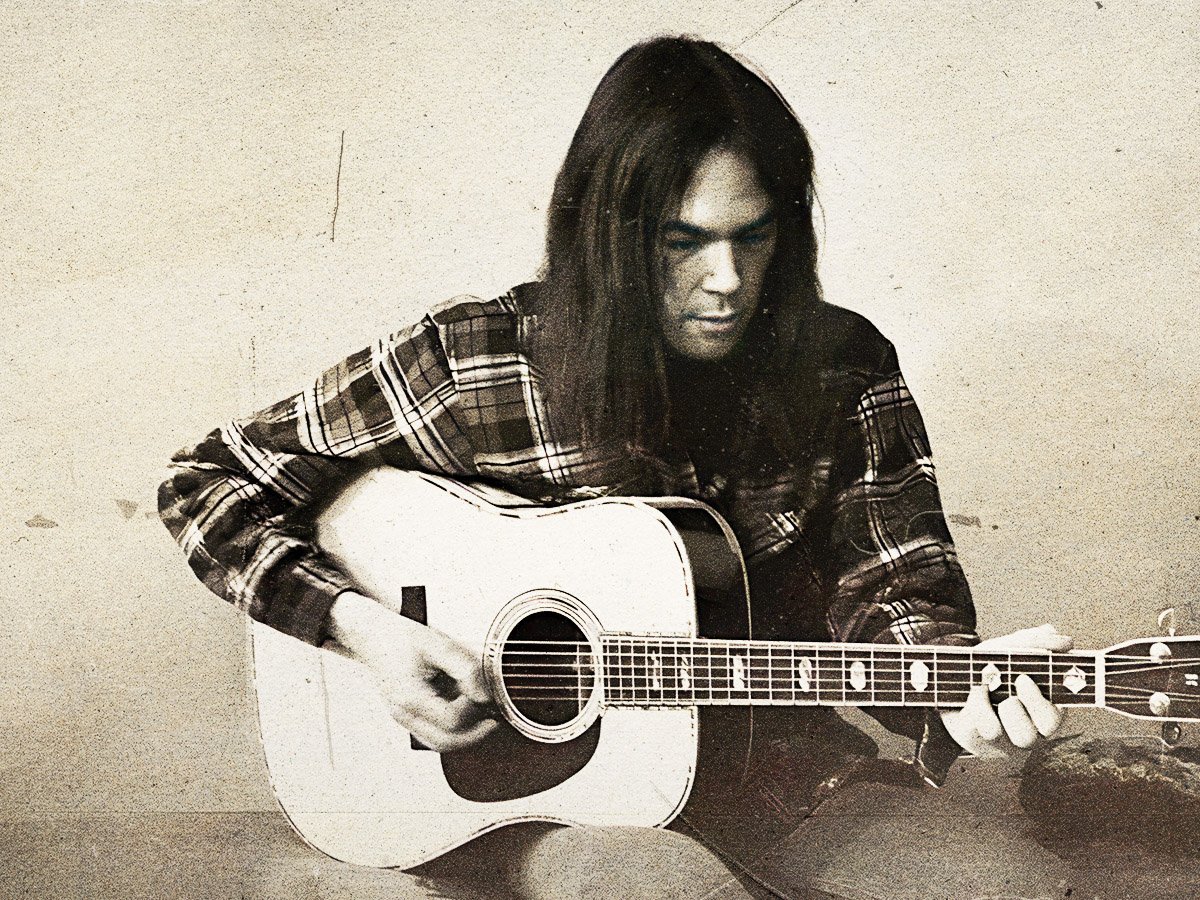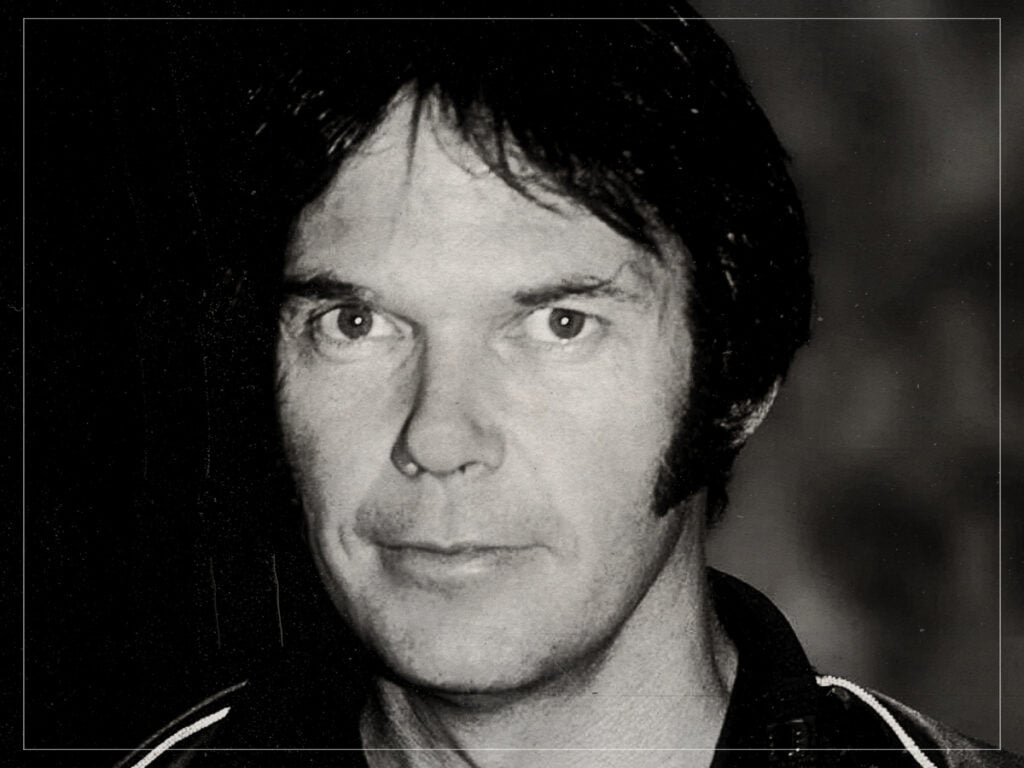
(Credits: Far Out / Tidal)
Fri 24 October 2025 17:48, UK
There has never been a Neil Young album put out into the world that wasn’t in line with what he wanted to do. The truth is, whether you like his music or not, Young doesn’t really give a damn about what you or anyone else thinks. It’s been part of what has made him an icon of rebellion decades after his first appearance. But it isn’t always endearing to be around.
Before punk had become a cultural touchstone, Young was living the rebellious lifestyle to a tee whenever he got into the studio, defying the trends of the day whenever he could, and even getting back at his record company by making albums that were designed to be commercially bankrupt. Although Young would always have pieces of brilliance across all of his albums, some artists weren’t too happy with working on his masterpiece.
After earning his freedom from Buffalo Springfield, the first handful of Young solo records reflected a mellow take on his traditional sounds, embracing folk-rock music before being asked to join Crosby, Stills, and Nash. Even though Young could have made a fortune touring with the supergroup until the end, he followed his muse back to his solo career, culminating in rock and roll anthems on albums like After the Gold Rush.
After gaining massive acclaim for songs like ‘Only Love Can Break Your Heart’, Young’s following album, Harvest, would become one of his most celebrated projects thanks to songs like ‘Heart of Gold’ and ‘Old Man’. Instead of setting up shop in his familiar stomping grounds, he thought getting away from his comfort zone would be best, moving to Nashville to cut many songs.
While the country music scene had been home to some seasoned professionals of the session scene, Young wasn’t looking to make a pristine record. Aiming to capture the rustic sounds he heard in his head, Young would often shy away from the traditional lineups for every song, electing to play different instruments to get a new sound.
Although rock legends like Linda Ronstadt and James Taylor would lend their skills to the album, they would not be serving their traditional roles, with Taylor being given a banjo to play despite never touching one in his life. Even though these rudimentary sounds helped capture the spirit Young was going for, not everyone was willing to go along with the program.
When discussing the album’s development, session drummer Kenny Buttery would complain that Young wasn’t utilising the talents of everyone properly, remarking, “He hires some of the best musicians in the world and has them play as stupid as they possibly can”. It’s a pretty pointed comment that seems squarely aimed at Young’s indifference to technique. While skill is, of course, necessary to complete a vision, Young has routinely sided with emotion over talent.
Young likes to work off the cuff and on the fly. For all of the headaches that the musicians may have gotten trying to get the songs Young was satisfied with, that spontaneity made the tracks feel much more organic than they would have been had they played their traditional instruments.
The malice towards Young’s style didn’t just account for his solo career. Across his time working with Crosby, Stills, and Nash, Young would occasionally butt heads with every member of the band, with Crosby later remarking that he only cared about himself when working on some of the band’s classics.
Looking back on his time working with the supergroup, Graham Nash would also talk about Young bringing out the worst in everyone whenever they played. When discussing the years of Deja Vu, Nash recalled just how much egos got the better of them, saying, “This was pure toxic masculinity. It became more evident when Neil joined. I’ve stood in the middle of Stephen and Neil countless times, with these two stags talking to each other through guitar riffs”.
While various musicians may not have enjoyed their time spent with Young, he always knew how to make the most of the studio environment. Even though his recording style can be an acquired taste, the stubbornness in his delivery informed all of his greatest work, as he was determined to get everything the way he heard it in his head. Genius might not always make for the most pleasant people to get along with, but those subtle imperfections with people are integral for turning them into the artists that are today.
Related Topics


